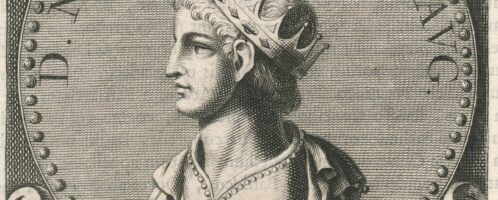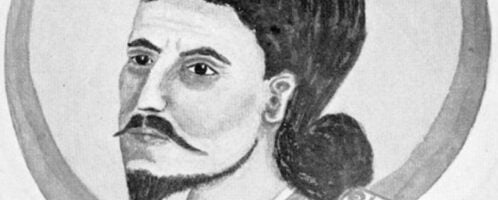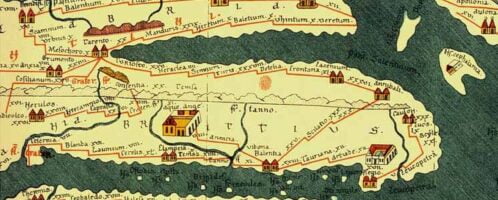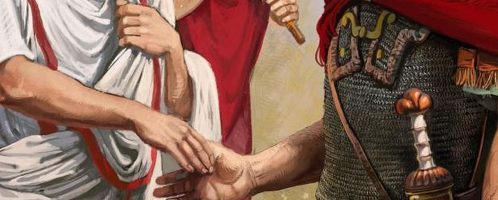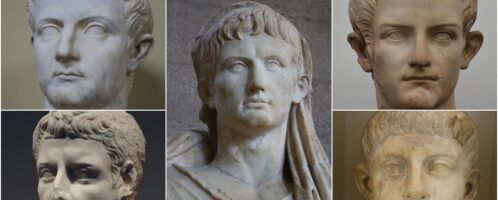Did ancient Romans ever meet Chinese?
The history of the world is full of meetings – and sometimes even clashes – between completely different civilizations. The most famous examples of such interactions are the colonization and conquest of the so-called New World, i.e. both Americas by Europeans, starting from the very end of the 15th century, invasions of nomadic Mongols from the 13th century, reaching as far as Central Europe and the Balkans, or the long expeditions of the Vikings approximately 1000 CE, which took them as far as North America, where they encountered natives – skraelings.




